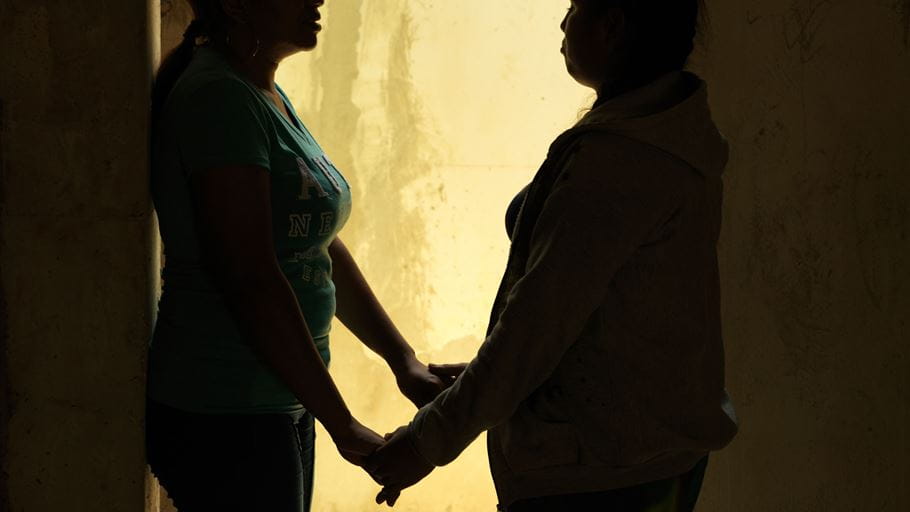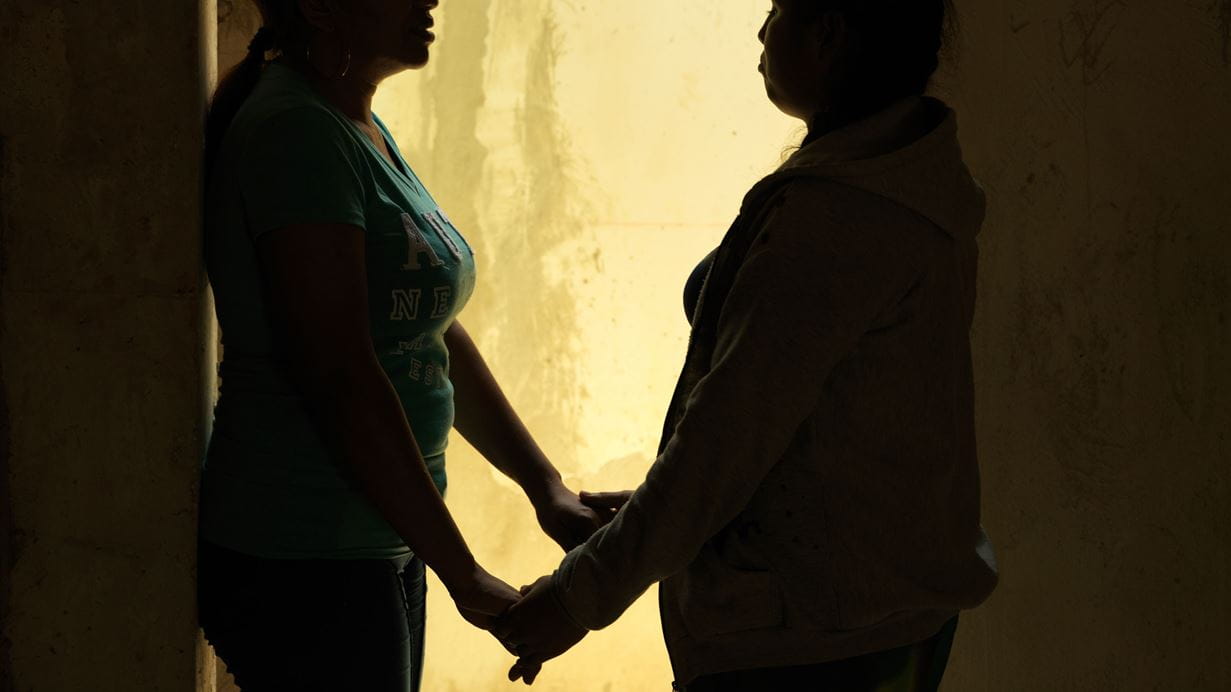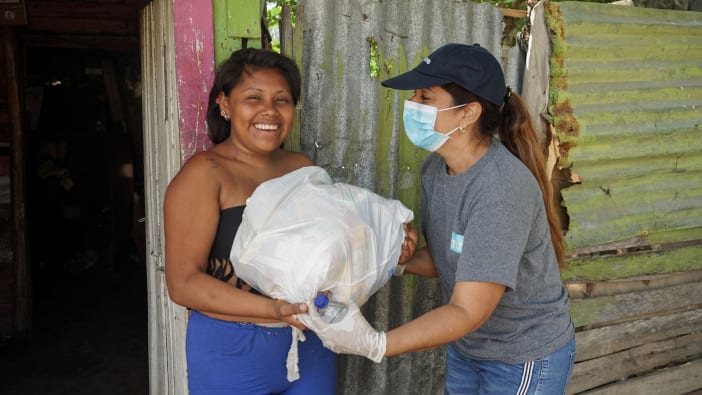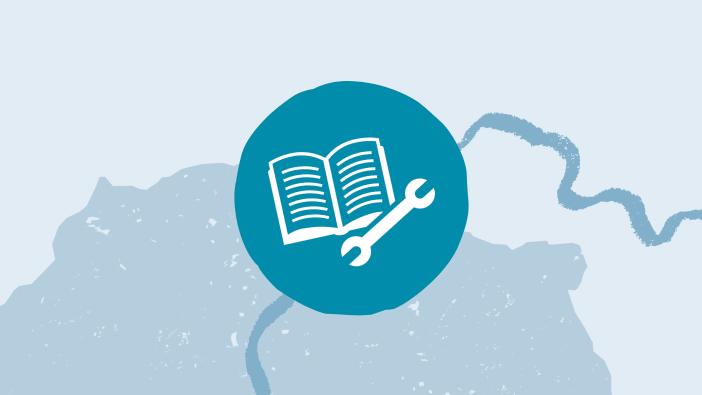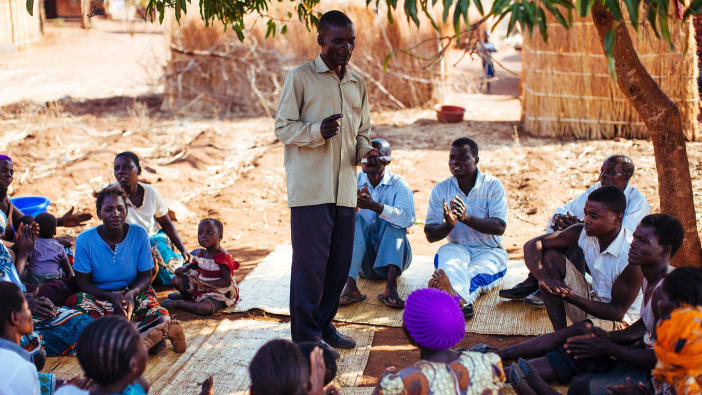As Covid-19 has spread across the world, reports show that domestic abuse has increased as families and individuals struggle to cope with the many physical, economic, social and emotional impacts of the pandemic.
The term ‘domestic abuse’ (sometimes called ‘domestic violence’) is used to describe any violent act or neglect within the family. Survivors of domestic abuse may experience high levels of stress, sleeping problems, flashbacks to the trauma, feelings of aggression, social isolation, self- destructive behaviour, depression and phobias.
There are many different forms of domestic abuse, but the abuse of power over defenceless family members is a key characteristic. Women, children, older people and people with disabilities are particularly at risk.
Types of abuse
Physical abuse
Physical abuse involves the intentional use of physical force, with the purpose of causing pain. Sometimes physical abuse results in death.
Sexual abuse
Sexual abuse describes situations where someone is forced to take part in sexual activity against their will, with or without violence.
Emotional abuse
The following kinds of behaviour can cause long-term damage to self- esteem and wellbeing:
- when someone, particularly a child, does not receive emotional support through kind words, encouragement and ongoing interest
- when someone is constantly contradicted, criticised, threatened or controlled (eg by limiting access to money, or by restricting the person’s movements), often leading to isolation and a lack of self-belief
- when unrealistically high expectations of performance at school or work are made.
Helping survivors
Cases of domestic abuse ideally need to be treated by professionals, since inadequate help can lead to further problems. However, when this is not available, friends who are willing to listen and give support can make a big difference.
The sooner ill-treatment is identified and addressed, the greater the chances of preventing further problems and being able to help everyone affected, including the abusers.




